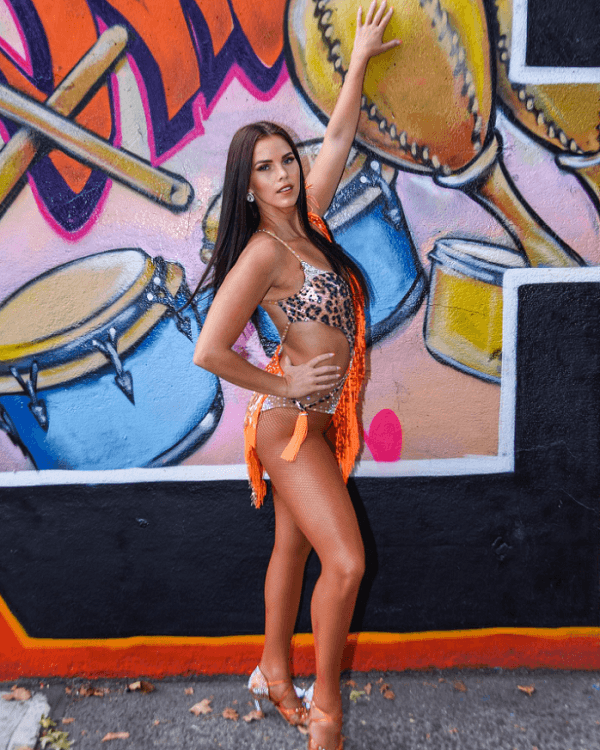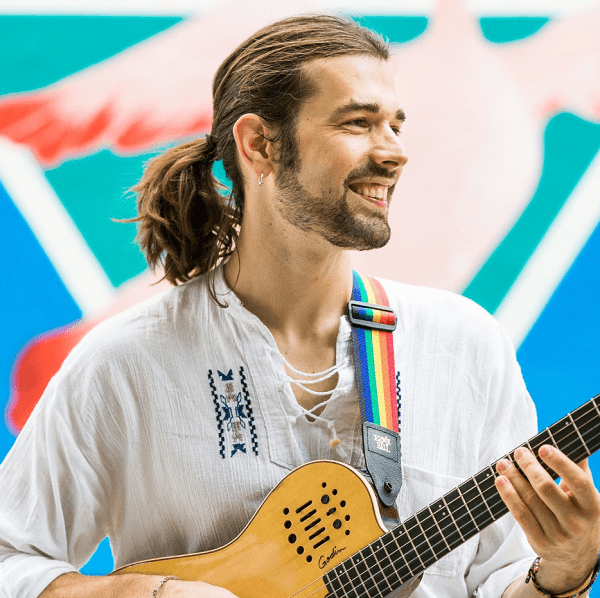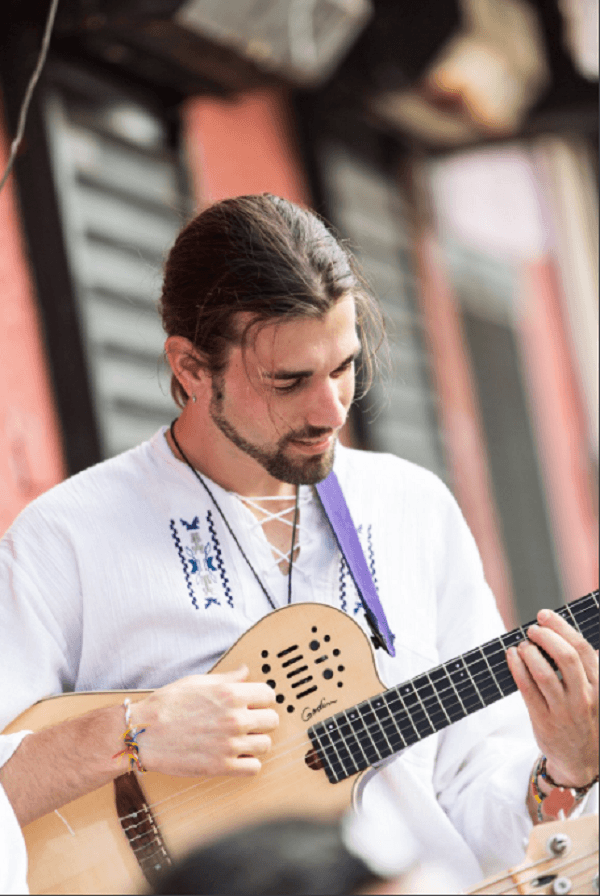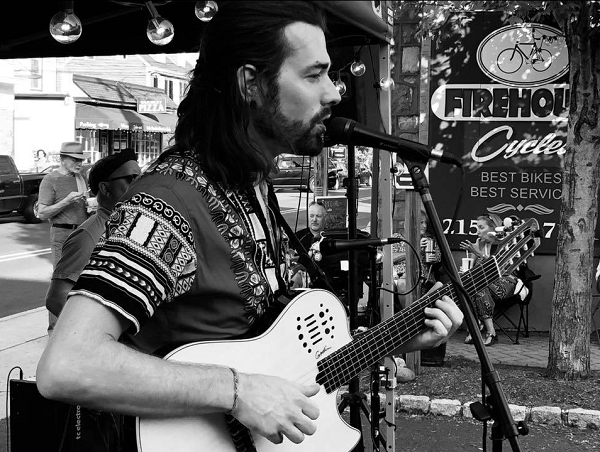Europe / France / Bahrain
Miami, Florida February 20, 2018: Tony Succar announces the release of “Me Enamoro Mas De Ti “ (I Fall More In Love With You) featuring Jean Rodriguez, adding another song to his ever-growing list of new flavors that are defining salsa-infused pop music.

The powerful combination created when these two work together has been a consistent formula for viral success. When Tony Succar and Rodriguez combine their talents, it’s a concoction of tropical goodness that has their fans loving their groove. The single is available now on iTunes, Amazon, and Spotify. And, you can view Tony’s infectious “Me Enamoro Mas De Ti“ music video here.
“Me Enamoro Mas De Ti” is part of a follow-up project to Succar’s UNITY album, The Latin Tribute to Michael Jackson that hit #1 on the Billboard Tropical Album Music Chart, iTunes’ #1 World Latin Chart, and Amazon’s #1 Latin Pop Music Chart.
It was that collaboration of Universal Classics and Universal Music Latin Entertainment that landed Succar a nationally televised primetime PBS special. Inspired by what Succar refers to as the “Unity Sound,” his production of “Me Enamoro Mas De Ti” merges the unmistakable driving elements of Salsa with Pop.
It’s a blend of multi-cultural roots that results in a characteristic, retro sound with a full horn section, Latin rhythms and inspired vocals. This is Succar’s always-fresh approach of cleverly combining pure Salsa with super hip, funky and pop musical elements.
Tony Succar escalated to the top of the charts with Unity, but now it’s clear that Unity was only the foundation of his full vision.

“Many people have been asking me what would come after ‘Unity,’ or ‘when is Unity 2 going to be released?’ Fans have also asked when I would release some of my original compositions. The success of Unity really took my career to another level, and from that was born a new sound that I wanted to stick with.”
“So, I decided now is the time to hit the refresh button and surprise people with brand new material. This track is just the beginning. I won’t stop writing new arrangements of the amazing songs of Michael Jackson and other legendary artists I admire, but I love to create, captivate, and innovate new music.”
With that, “Me Enamoro Mas De Ti” is just a taste of what Tony Succar has on the horizon. Make no mistake, Succar is committed to the essence of tropical music that catapulted him to how far he has come. It runs in his veins and he is devoted to creating new sounds without losing the very core of what the great Salsa artists who came before him produced.
Tony Succar’s production of “Me Enamoro Mas De Ti” was co-written with Jorge Luis Piloto. Piloto has written hits for great artists such as Gilberto Santa Rosa, Victor Manuelle, Tito Nieves, Celia Cruz, Christina Aguilera, Olga Tañon, and many others. His prolific career also includes having led Sony’s Latin division and winning ASCAP’s Latin Songwriter of the Year award.
Tony Succar has been traveling a lot and performed at the Tempo Latino Festival Scène des Arènes in Vic-Fezensac, France and was a part of the amazing lineup of featured artists at the Desert Beats Music Festival in Bahrain. Succar and Unity; The Latin Tribute To Michael Jackson, shared the stage with Kool and The Gang and UB40, among others. You can see where Succar is headed next on his calendar.

Tony Succar has also collaborated with Latin Percussion (LP) Music to develop a “Tony Succar Signature ‘Unity’ Peruvian Cajon,” available in stores beginning in April. Just another indication of where the Peruvian-born musical talent’s heart lives.
Download “Me Enamoro Mas De Ti” here: http://smarturl.it/MeEnamoroMasDeTi
WEBSITE: http://tonysuccar.com/
Contact: Nurby Lopez – Mixtura Productions 305-771-1014 [email protected]
Video For Single “Me Enamoro Mas De Ti” Click to watch: https://youtu.be/qQkS-1DDcJM














